News 2016
An archive of News from 2016
Apply now: Precision Medicine PhD Programme
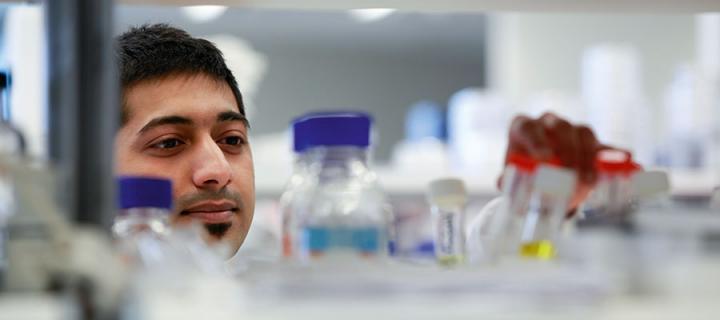
Precision Medicine PhD Programme open to applications: December 2016
Studies shed light on health impacts of key cell division machinery
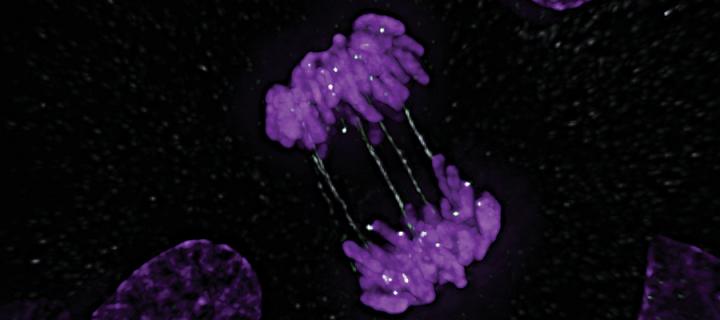
Two new studies shed new light on how defects in cell division can affect normal growth and development of the body and can lead to diseases such as cancer: October 2016
Epigenetics reins in stem cell differentiation
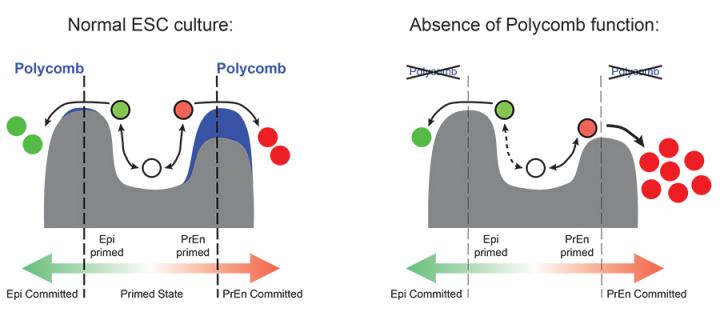
e-Life article reveals role for polycomb in stem cell priming: October 2016
Grzegorz Kudla selected for EMBO Young Investigator Programme
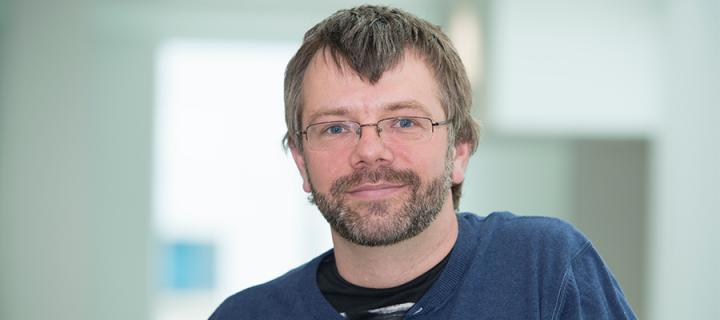
Dr Grzegorz Kudla, of the MRC Human Genetics Unit, has been selected for the prestigious EMBO Young Investigator Programme: October 2016
IGMM student blog for NatureJobs: why scientists need to step out of their comfort zone

IGMM PhD Student Réka Nagy, based within the MRC Human Genetics Unit, is unravelling how genetics shapes our health using large family-based datasets: September 2016
New perspectives on cancer evolution from genome sequencing
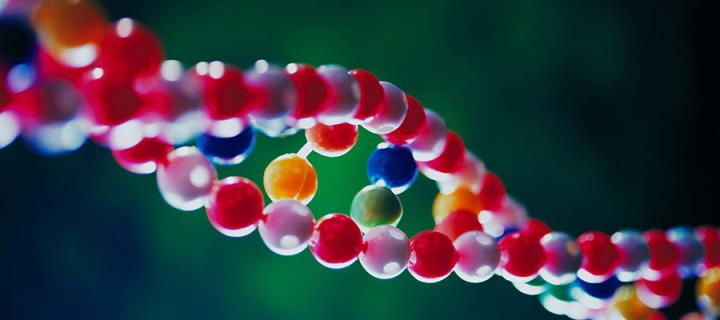
Researchers at the MRC Human Genetics Unit led by Professor Colin Semple have just published one of the largest studies of tumour WGS so far: August 2016
Diseases that run in families not all down to genes, study shows
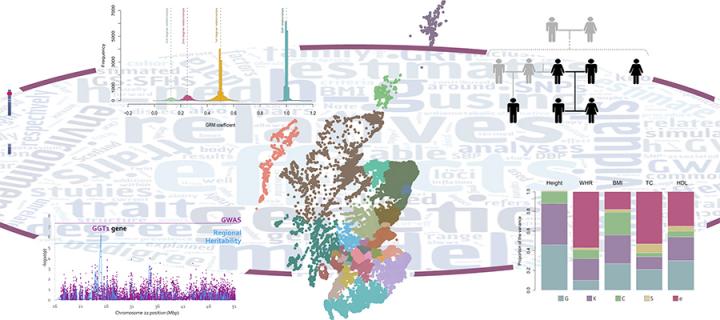
Family history of disease may be as much the result of shared lifestyle and surroundings as inherited genes, research has shown: July 2016
HRH The Princess Royal opens new IGMM building
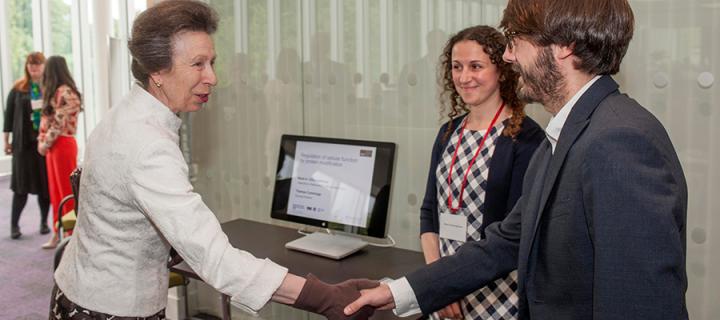
On 7th July 2016, HRH The Princess Royal visited the MRC Institute of Genetics & Molecular Medicine at the University of Edinburgh (IGMM) to officially open the new East Building: July 2016
Election to Academia Europaea
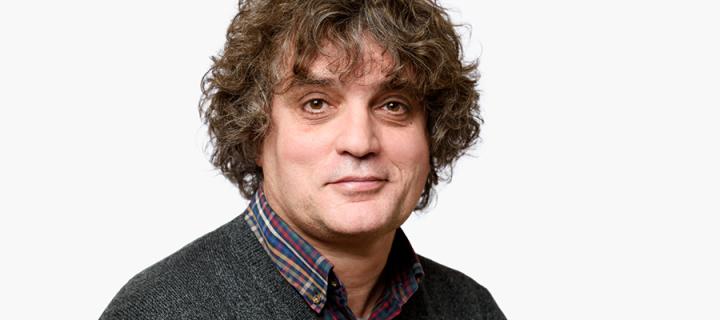
Professor Javier Caceres, Head of the Genome Regulation Section at MRC HGU, has been elected to the Academia Europaea: June 2016
John Inglis prize, best student presentation
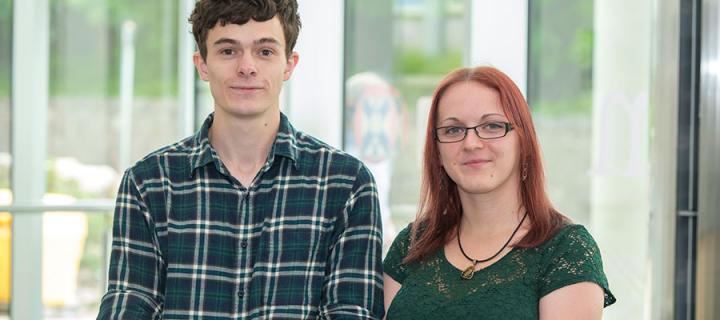
We are delighted that Reka Nagy and Jon Wells have won this year's John Inglis prize for the best student presentation: June 2016
Dr Patton tackling melanoma through new Team Science Award
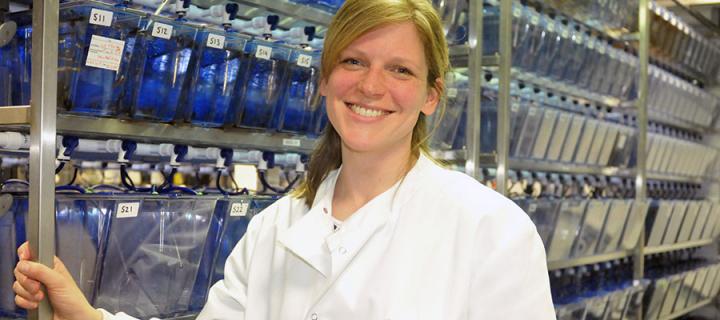
Dr Liz Patton has been awarded the L’Oréal Paris USA–MRA Team Science Award: May 2016
Genetic barcode could pave way to bespoke liver cancer therapies
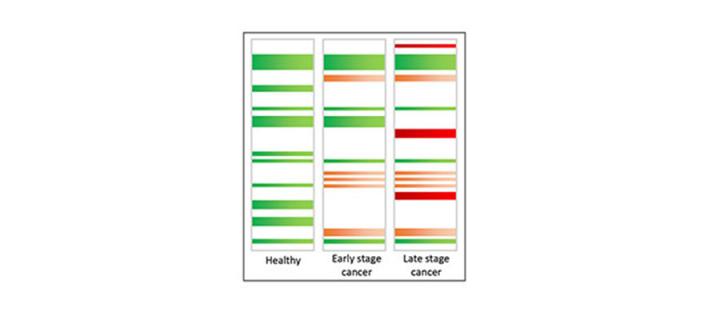
The study, with Dr John Thomson, sought to understand the chemical changes that take place in liver cells over time: May 2016
Holidays in the sun hold key to boosting vitamin D, study finds

People who take foreign breaks have higher levels of vitamin D in their blood, which has been linked to wide-ranging health benefits, a study has found: 16 May 2016
PhD Tooba Quidwai visit to Cold spring Harbor Laboratory (CSHL)
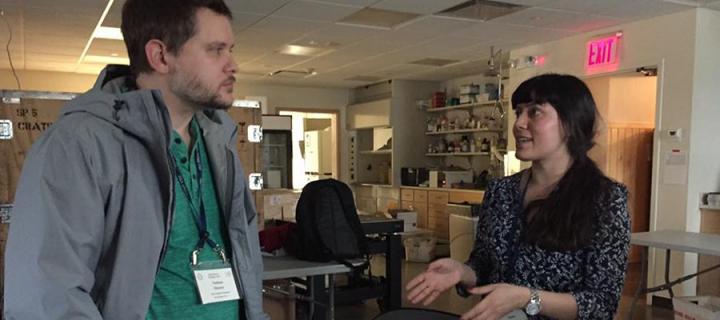
1st year Edinburgh Super Resolution Imaging Consortium (ESRIC) student, Tooba Quidwai, attended the Quantitative Imaging: from Cells to Molecules course in the Cold spring Harbor Laboratory (CSHL), New York: May 2016
Flagging up new gene switches

The human genome contains barely more protein-coding genes than that of a fruit fly: May 2016
Dr Wood awarded 2017 Balfour Lecture
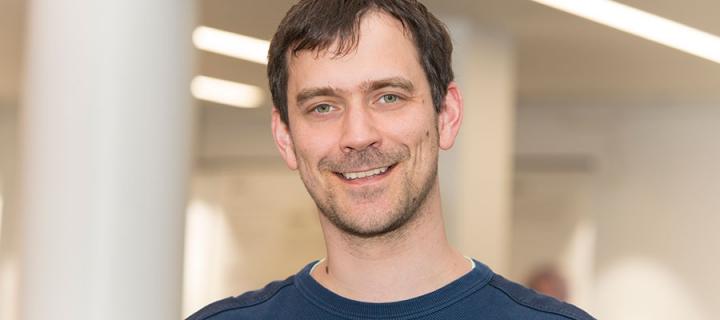
The Genetics Society has announced that the 2017 Balfour Lecture will be awarded to Dr Andrew Wood: April 2016
Yeast study charts survival impact of genetic mutations

Scientists from the MRC Human Genetics Unit have mapped how thousands of genetic mutations can affect a cell’s chances of survival: April 2016
Science writer Dr Kat Arney visits IGMM to discuss book on how our genes work
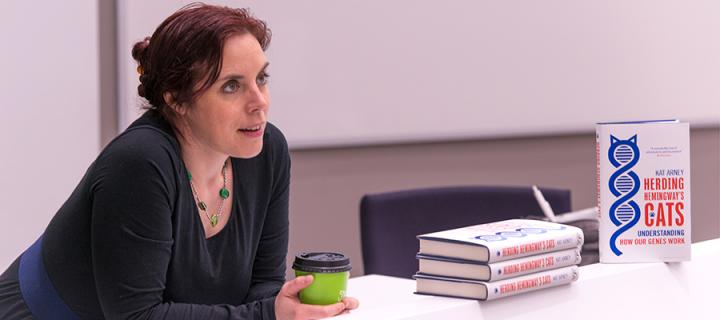
On Thursday 31st March IGMM hosted Dr Kat Arney, science writer and broadcaster. Dr Arney has just released a book, Herding Hemingway’s Cats: March 2016
Gene changes cut lifespan
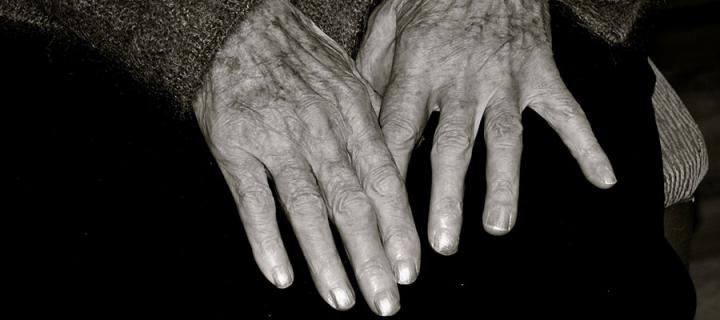
Scientists have identified DNA changes that can cut a person’s lifespan by up to three years. They have discovered two separate areas of the human genome where differences in the DNA code may affect how long a person lives: March 2016
Parent carer scientist
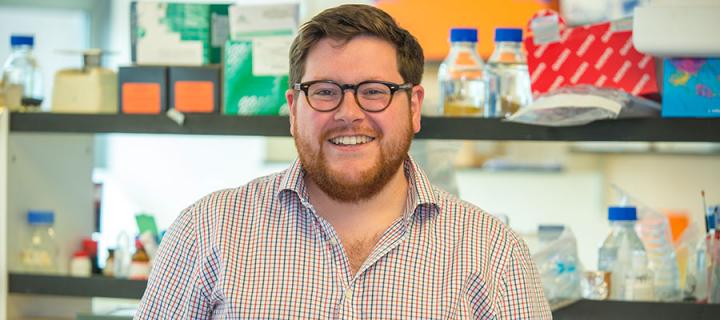
The Royal Society has launched Parent Carer Scientist, a book and project that celebrates people combining a career in science with a family life: March 2016
Couples' lifestyle choices impact on obesity risk

The lifestyle a person shares with their partner has a greater influence on their chances of becoming obese than their upbringing, research suggests: March 2016
Dr Sproul receives CRUK Career Development Fellowship

Dr Duncan Sproul, was recently awarded the 6 year CRUK Career Development Fellowship, worth £1.3M: February 2016
New award to reveal secrets of single cells
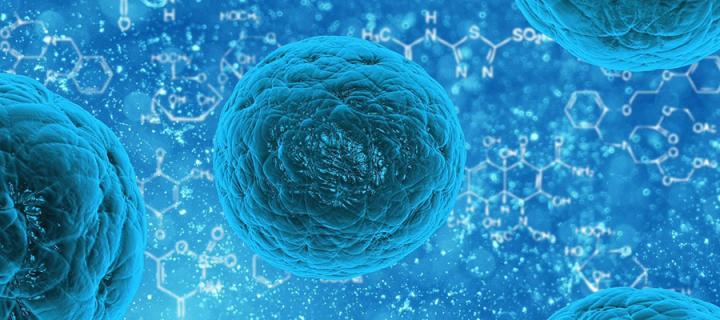
On 15th February Universities and Science Minister Jo Johnson announced £650,000 funding to the University of Edinburgh and Heriot-Watt University: February 2016
Physical attraction linked to genes that control height

Our choice of romantic partner can be determined by genetics more than we might expect, a study suggests: February 2016
How two-tone cats get their patches comes to light in cell study

Scientists have discovered how the distinctive piebald patches seen in black and white cats and some horses are formed in the womb: January 2016


